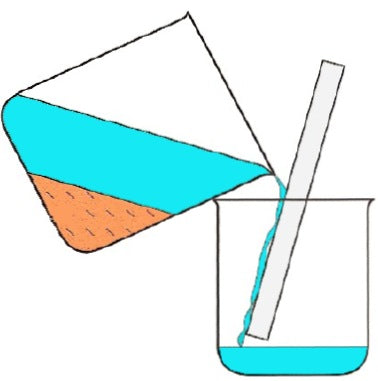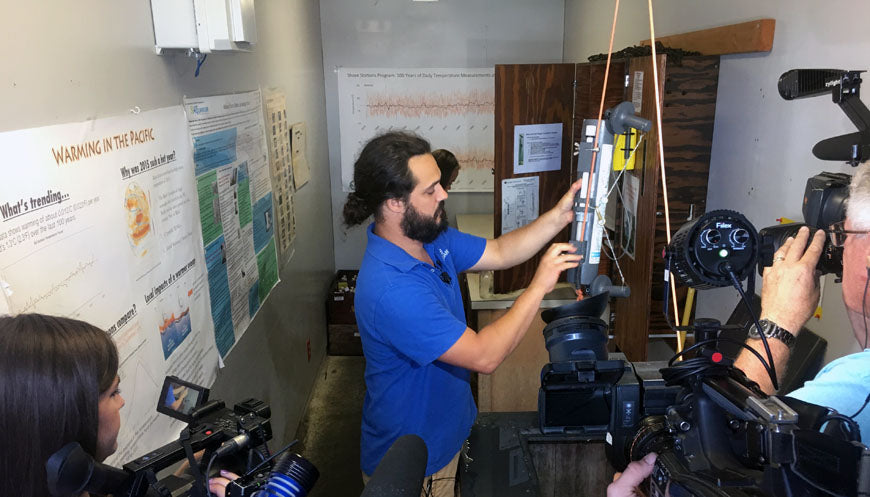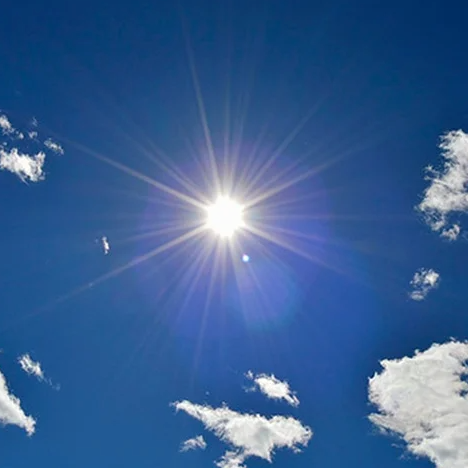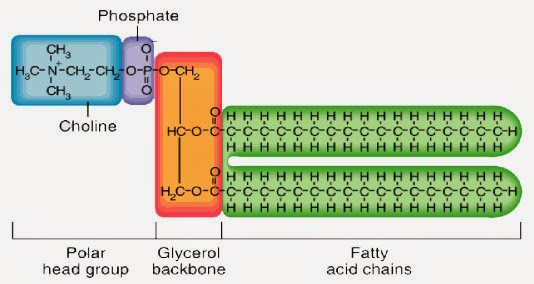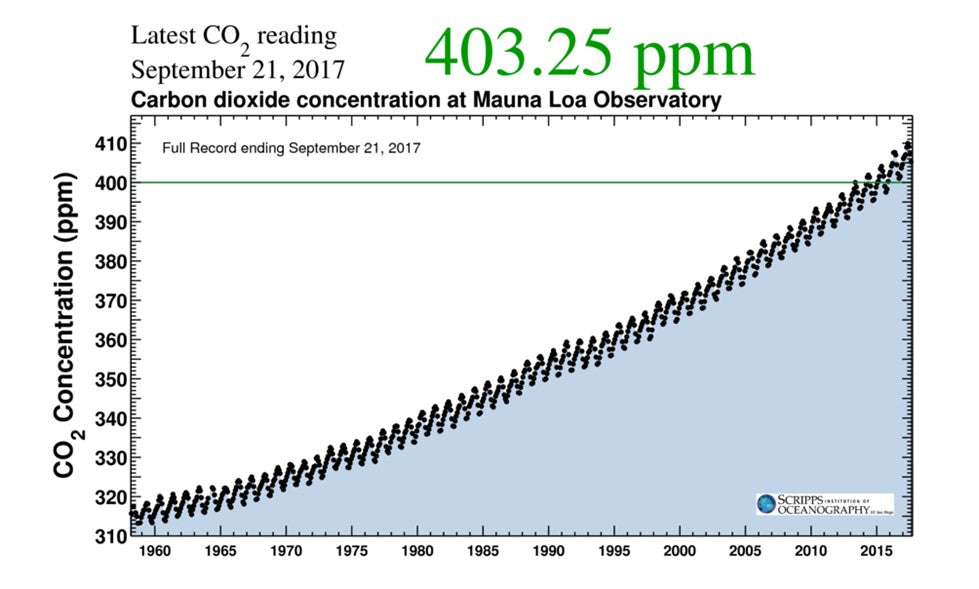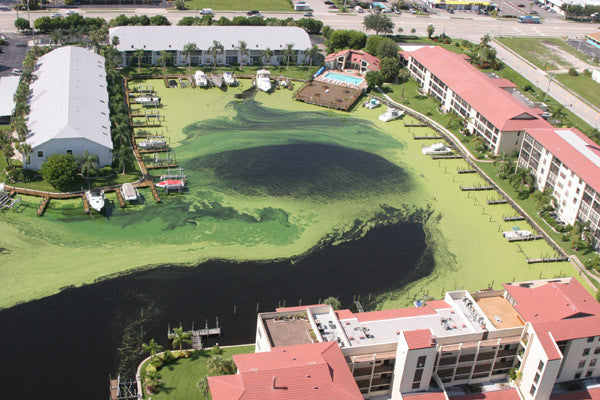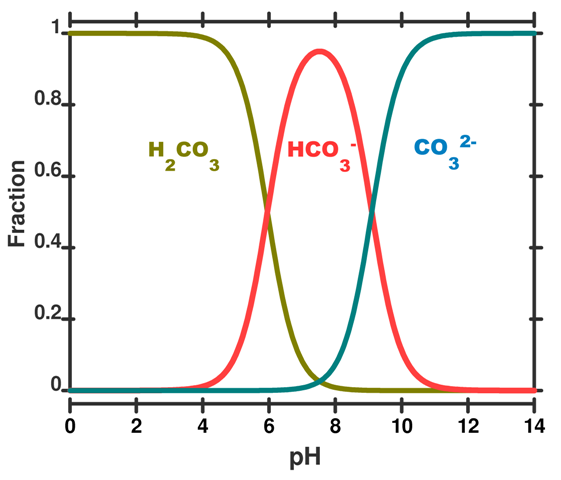News
- All
- algae
- algae biofuel
- algae bloom
- algae culture kit
- alkali water
- arthrospira
- can you eat fresh algae?
- carbon dioxide
- climate change
- International space station
- ionized water
- Kangen water
- Lipid extraction
- Micro Marine Maintenance
- Microplastics
- oil spill
- phosphate
- Photosynthesis
- pigment extraction
- Porphose
- research projects
- Science Blog
- science fair
- secchi disk
- space algae
- Spirulina
- toxic algae
- voucher
"What should I do about stuff settling to the bottom of my culture"
Question: Could additional detail be provided on removing detritus? Should I expect that the particulate will settle to the bottom of the tank and can perhaps be vacuumed out or is a water change out operation closer to draining a...
Warm water promotes algae growth, so what happens if the ocean warms up?
Warmest sea water ever measured in San Diego.
How much light do I need for my algae?
We get asked this question, just about every day. The answer is enough to saturate photosynthesis. Too much light will damage the algae's pigments. Too little light and it will not grow as fast as it possibly could. Saturating...
LEARNING PLAN OUTLINE Name: Danielle Daugherty Course: Child Development 130: Science and Math for Young Children Curriculum Area: Science Title/Name of Activity: Starter Test Tube Laboratory Kit Age Group: Pre-K/Kindergarten – Second grade (Ages 4-8) Source of Inspiration/Child...
Student Experiment: P-Limitation for lipid accumulation (Is this a good experiment to perform?)
I recently had a student write to ask about phosphorus limitation for nutrient limitation. The questions were: Which strains to use? Which media to use? How do I do it? I'm going to be a giant bucket of cold...
The potential uses for algae are numerous, from biofuels to medicine to a sustainable food source for humans. But algae innovations are also critical for important work in marine science and conservation. Most marine organisms start their life cycle eating...
How do we measure CO2 in water and the atmosphere? By Julia Charpek
Earth breathes carbon dioxide in and out over many different time scales; there are daily inhales, seasonal exhales, as well as deep breaths over much larger time scales. Therefore, to get accurate measurements of carbon dioxide concentrations on Earth, there has to be long term periodic sampling and data collection in both the ocean and the atmosphere.



